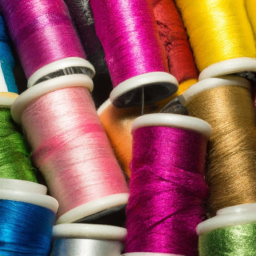

When it comes to sewing, choosing the right thread is crucial. Whether you are working on a small craft project or stitching together a garment, using the appropriate thread can result in more durable, professional-looking outcomes. With a wide variety of threads available in the market, it is important to understand the differences and select the best thread for your sewing needs.
Cotton Thread
Cotton thread is known for its versatility, making it one of the most popular choices among sewists. It is suitable for various fabrics and works well in both machine and hand sewing. Cotton thread is soft, breathable, and offers excellent stitch definition. It is ideal for sewing garments, quilts, and other projects that require strength and flexibility.
Polyester Thread
Polyester thread is another commonly used option, valued for its strength and durability. It is relatively inexpensive and resistant to shrinking or fading. Polyester thread is compatible with most fabrics and comes in a wide range of colors. It is an excellent choice for machine sewing, especially for projects that require long-lasting, robust seams.
Nylon Thread
Nylon thread is a heavyweight thread known for its strength and resistance to abrasion. It is often used in sewing upholstery, canvas, or leather materials. Nylon thread is less likely to break under tension, making it suitable for sewing applications that require extra durability, such as outdoor gear or heavy-duty bags.
Invisible Thread
Invisible thread is a fine, translucent thread that is often used for appliqué work, attaching trims, or hemming sheer fabrics. As the name suggests, this thread becomes nearly invisible when used correctly. However, it is less strong compared to other threads and may not be suitable for projects that require strong seams.
Conclusion
Choosing the right thread for your sewing projects can greatly impact the final outcome. While the options mentioned above are some of the most commonly used, there are numerous specialty threads available in the market for specific applications. Understanding the characteristics of different threads can help you select the appropriate one and ensure successful sewing results.
Remember, always test the thread on a fabric swatch before starting a project to ensure compatibility and desired results. Happy sewing!
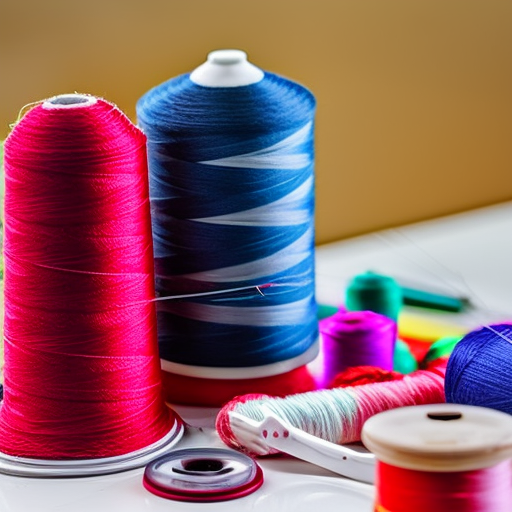
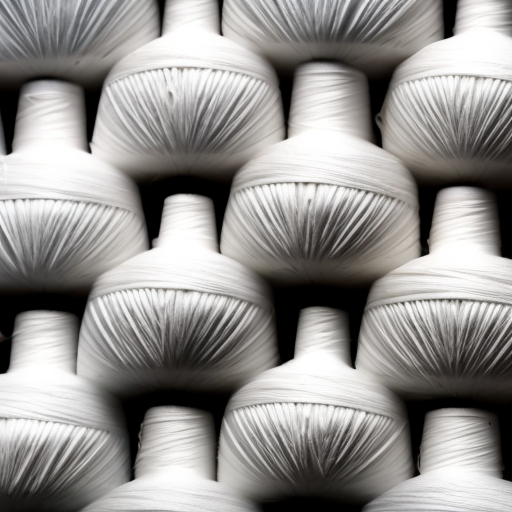
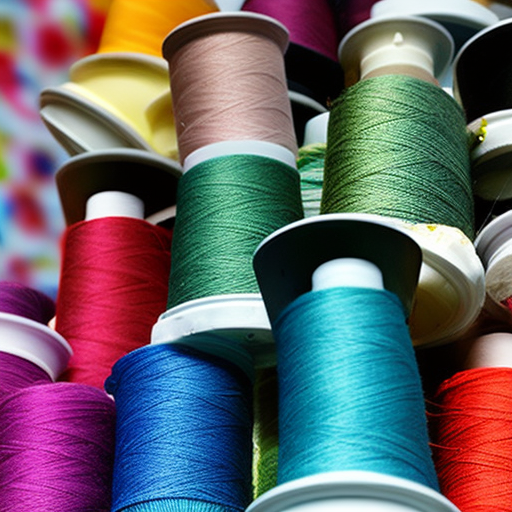
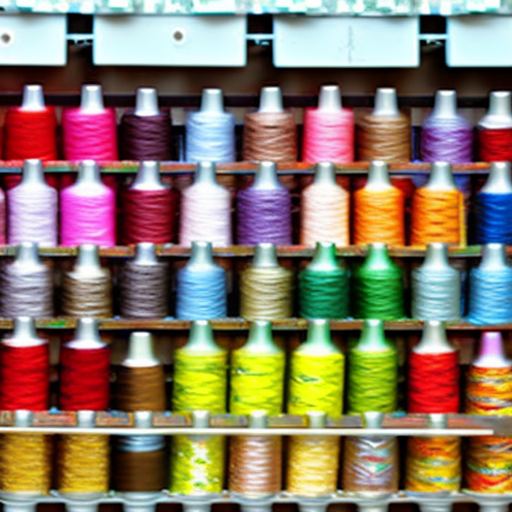

“This is a great question! There are a variety of threads that can be used for different sewing projects. It’s important to choose the thread that best suits the material and the kind of stitching you are doing.”
Mia Woods: “It also helps to consider the type of needle you are using too. A heavier weight thread is not suitable for a lightweight fabric, for example.”
Excellent insights from Makala and Mia! Depending on the project, a sturdy polyester thread is great for both machine and hand sewing, while a lightweight cotton for a subtle finish is great for hand stitch projects. It’s important to choose the right thread for the specific project to get the best result.
This is great advice! I’d also say that some fabrics have a special thread recommendation on their care label, so it’s best to double-check that before selecting a thread.
Great points! Another thing to consider is to match the color of the thread with the fabric, unless of course you want it to stand out.
Absolutely! Thread selection is an important factor when it comes to achieving the desired finish for your project.